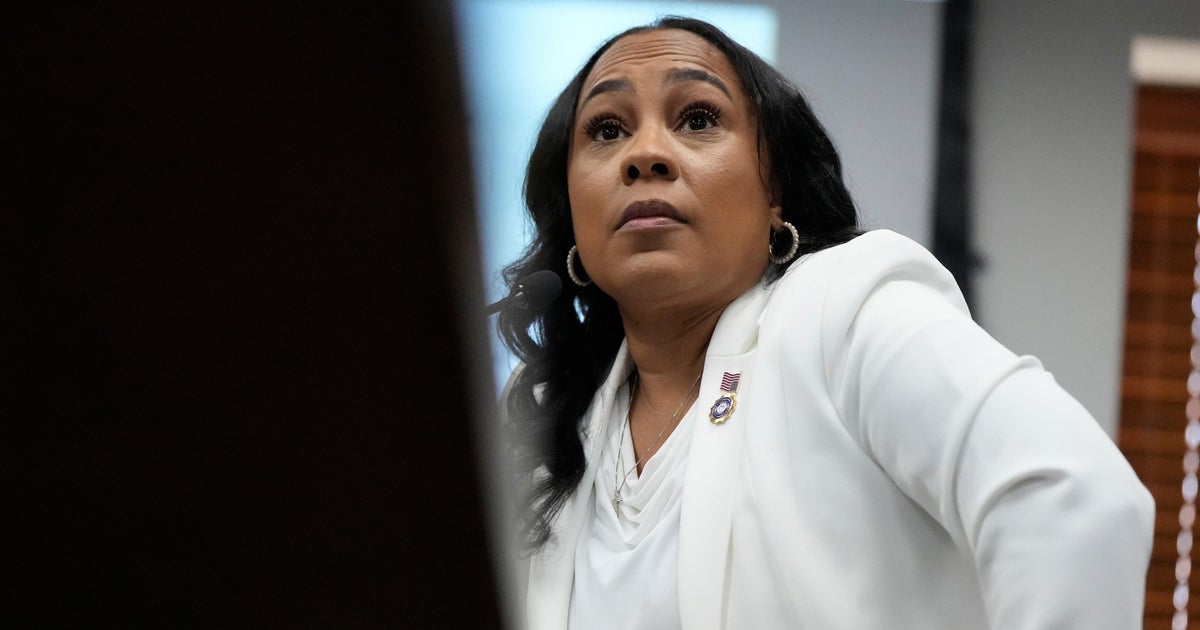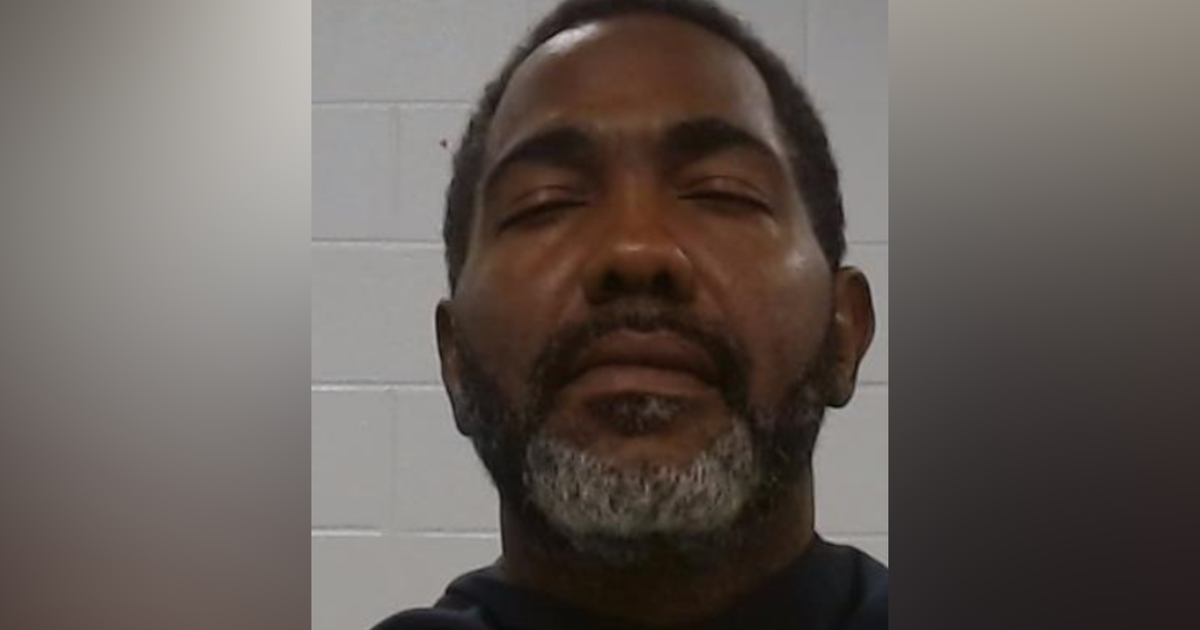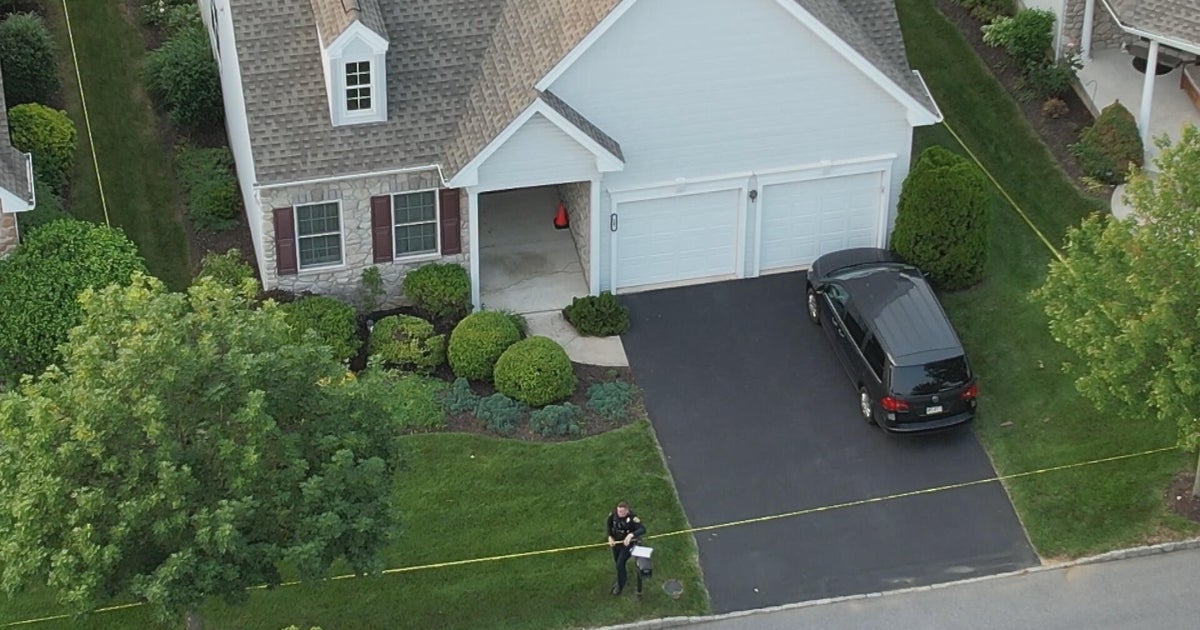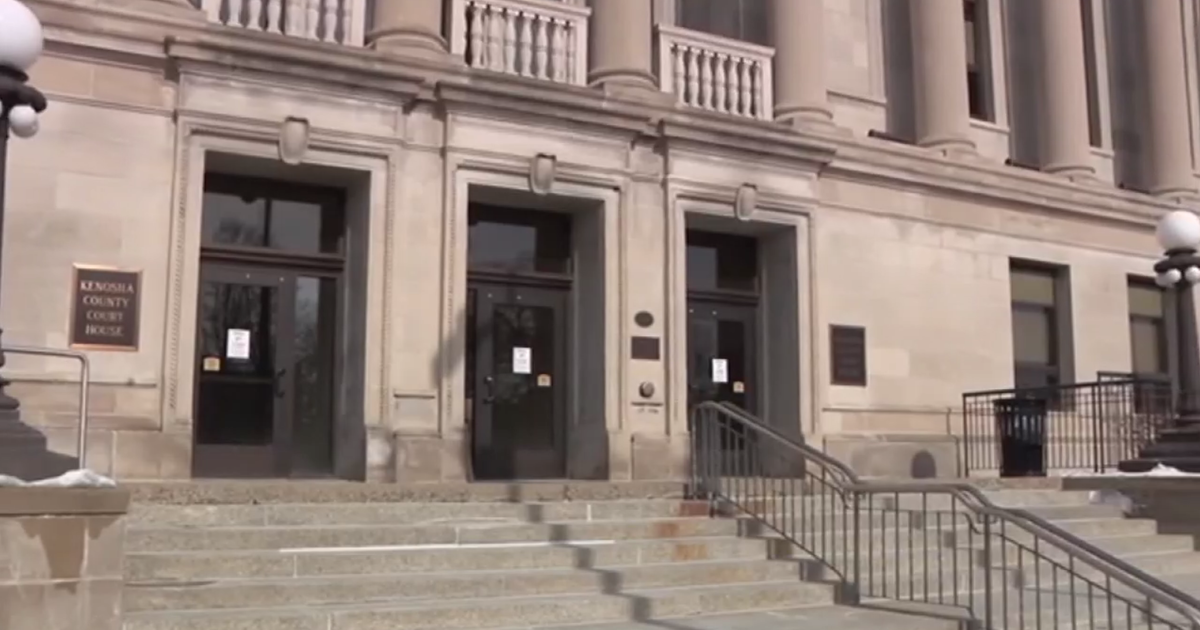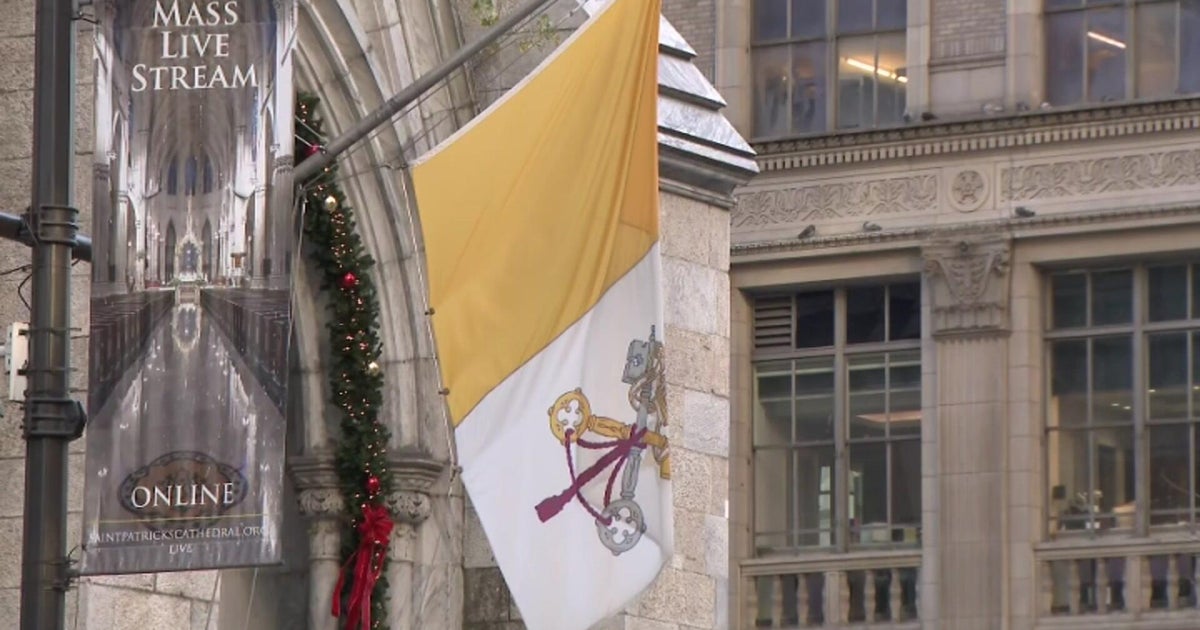Court Program Puts Child Witnesses At Ease
MCKINNEY (AP) – The 8-year-old girl approaches the witness stand clutching a favorite stuffed animal worn from love.
She promises to tell the truth and settles into the big black chair in the front of the courtroom. Her testimony is concise, her responses ranging from Winnie the Pooh (a book she is reading) to the Littlest Pet Shop critters (her favorite toys).
When the defense attorney asks the girl to name the smallest country in Africa, the prosecutor objects for relevance.
"Sustained," state District Judge Chris Oldner calls out. "Next question."
These proceedings in Collin County's ceremonial courtroom may seem unimportant, but they have a very serious purpose. The Kids in Court program educates some of the county's youngest witnesses. Most of the kids attending this night are expected to testify in the coming months in sex abuse trials. Their names are being withheld to protect them.
"The courtroom . it's a really scary place when all they've seen is Judge Judy," said Dan Powers, senior vice president of clinical and administrative services at the Children's Advocacy Center of Collin County. "They're thinking, `Oh, my gosh, everybody is going to be mean to me, and it's going to be out of control."'
The program aims to make the court process less stressful and more predictable for kids.
"They're going to have enough to be anxious about," said Oldner, judge for the 416th Judicial District. "We try to remove at least that layer of unfamiliarity."
There's no talk about their testimony in the upcoming criminal case. Questions this night are about birthday parties and TV shows, favorite foods and video games. Kids find out where they sit, how questions work and what to do if they need a break (just ask). They also learn the roles of everyone involved, from the judge to the jury.
Bailiff Tommy Purtle stands at his introduction, giving everyone a clear view of his gun holstered on one hip, his Taser on the other.
"My main job is to keep everybody safe," he tells the kids. "I'm very good at my job."
That protection is important for these young witnesses, many of whom will be seeing the defendant for the first time in years.
"The bad guy has to be in here," explains Crystal Levonius, chief of the Collin County district attorney's Crimes Against Children Division. "But you don't have to talk to him, and you don't have to look at him."
Kids learn they won't get in trouble for anything they might say. They have to use words -- no nodding or shaking of heads allowed. And it's OK if they don't remember something.
The dark-haired 11-year-old boy breezes through his testimony about SpongeBob's best friend Patrick being crazy and his neighbor Squidward being too serious.
But he can't name the capital of Bulgaria. Prosecutors praise him for answering honestly.
Hundreds of children have gone through the Kids in Court program since it started nearly 15 years ago as a joint effort between the advocacy center and the Collin County district attorney's office. Most counties in Texas, including Dallas County, offer similar programs.
Collin's program is recognized statewide and has been used as a model to train others. Run by volunteers, the program meets about four times a year.
"Because of the size of our county, we have a pretty high volume of kid cases here," Powers said.
While kids take turns on the witness stand, the parents and guardians get their own lessons in another room.
They find out how to handle the kids' stress and their inevitable questions. The adults also learn to "talk to them in a way that doesn't influence their testimony," Oldner said.
No one knows whether the program makes a difference in the county's conviction rate. But that doesn't matter. This program is all about the kids.
"You're asking a child to talk about the most intimate parts of their body and the most intimate things that ever happened to them in front of 12 strangers and their dad or their uncle or whoever may have hurt them," Powers said. "Most adults can't do that."
Seeing the courtroom in advance eases some of the anxiety. Therapists at the advocacy center also ensure everyone is prepared for the process -- including the inevitable delays. The center offers free counseling for life to the children and their families involved in a crime.
"It's very difficult to talk to an adolescent about why their trial has been reset for the eighth time," Powers said. "That system can re-traumatize the child all over again."
That's why therapists focus on empowering these children who've been abused. Their testimony is not about putting the bad guys away.
"Win or lose, they come out of there, they've told the truth, people believed them, and they've taken on the person who hurt them," Powers said. "We've given that power back to them.
"They walk out of there in charge of their lives again."
(Copyright 2012 by The Associated Press. All Rights Reserved.)
